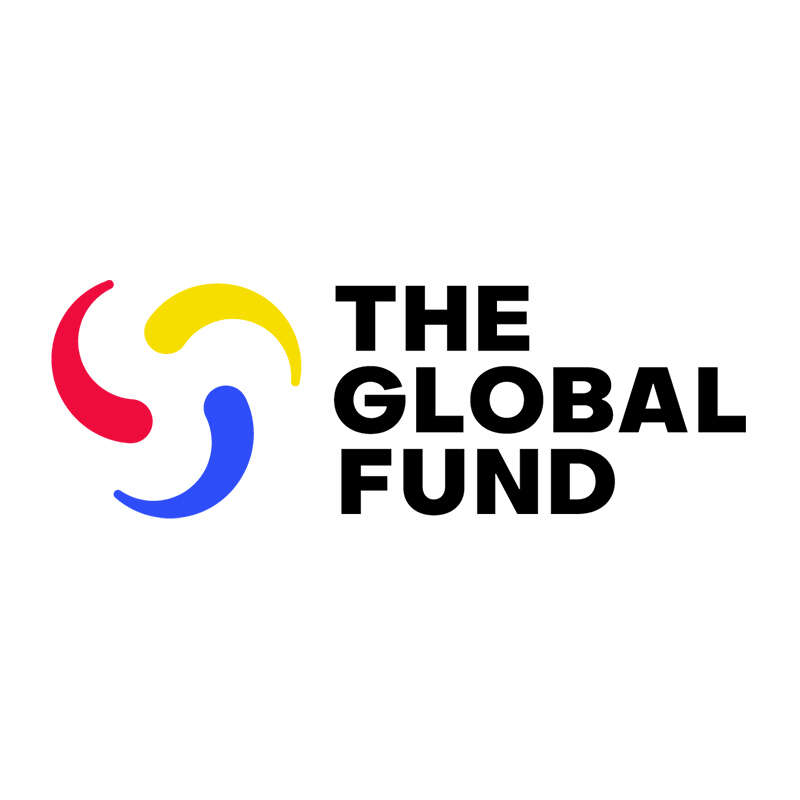MAPUTO – The Global Fund to Fight AIDS, Tuberculosis and Malaria (the Global Fund), the Republic of Mozambique and health partners launched yesterday the implementation of seven new grants worth nearly US$771 million, a 3% increase from the previous allocation period. With these new grants, Mozambique becomes the Global Fund's second largest investment portfolio in the new grant cycle.
The new grants will sustain progress against AIDS, tuberculosis (TB), and malaria while strengthening health and community systems across the country over the 2024-2026 period. Over the longer term, these grants will contribute to achieving universal health coverage and reaching the 2030 targets for Sustainable Development Goal 3 on health and well-being for all.
The Ministry of Health and civil society partners – Fundação para Desenvolvimento da Comunidade (FDC), Centro de Colaboração em Saúde (CCS) and World Vision International – will implement the grants with the support and engagement of the communities most affected by the three diseases.
With technical support from the World Health Organization (WHO) and UNAIDS and in alignment with PEPFAR investments, the two HIV grants will seek to increase antiretroviral therapy coverage among all people living with HIV to 81% by 2025 and further support the implementation of differentiated treatment and care delivery to those in need. The grants will also promote new HIV prevention and testing approaches for key populations, including people in prison, people using drugs and transgender people. These efforts will be complemented by an increased investment in addressing human rights and gender-related barriers in HIV and TB services. The overall goal is, by 2025, to reduce new HIV infections by 25% and HIV-related deaths by 30%.
The TB grant will aim to support the national TB program to increase the notification rate of all forms of TB; to increase the proportion of TB cases confirmed with a bacteriological test; to improve the treatment success rate of drug and/or multidrug-resistant TB from 75% in 2021 to 90% in 2026 and to sustain the treatment success rate of all forms of TB at 90% or above. An additional HIV/TB grant will seek to better integrate TB and HIV treatment and prevention and increase multidrug-resistant TB services by linking them to the broader work to find missing people with TB.
For malaria, two grants will continue to support the implementation of the national malaria control strategy, which is focused on providing universal access to quality malaria diagnosis and treatment and at least one method of vector control (long-lasting insecticidal nets or indoor residual spraying) to all populations at risk. The grants also provide support for expanded chemoprevention activities and critical community interventions. Together with other technical partners and donors, such as WHO and the U.S. President’s Malaria Initiative, the Global Fund grants support Mozambique’s fight against the growing incidence of malaria in the northern part of the country.
A new, stand-alone grant dedicated to building resilient and sustainable systems for health complements investments in the disease programs and highlights Mozambique’s commitment to ensuring that systems for health across the country can respond to emerging health crises, including those driven by climate change.
The new grants were launched during a ceremony presided over by Prof. Dr. Armindo Tiago, Minister of Health, with interventions from civil society representatives, Canada and U.S. Government and Global Fund representative. Also in attendance were members of the Country Coordinating Mechanism, representatives from UN agencies and health partners.
Prof. Dr. Armindo Tiago, Minister of Health of the Republic of Mozambique, said: “Today, we are not only recognizing and celebrating the massive efforts that have brought Mozambique this far in the fight against the three diseases, but, in partnership, we are also setting in motion the....
